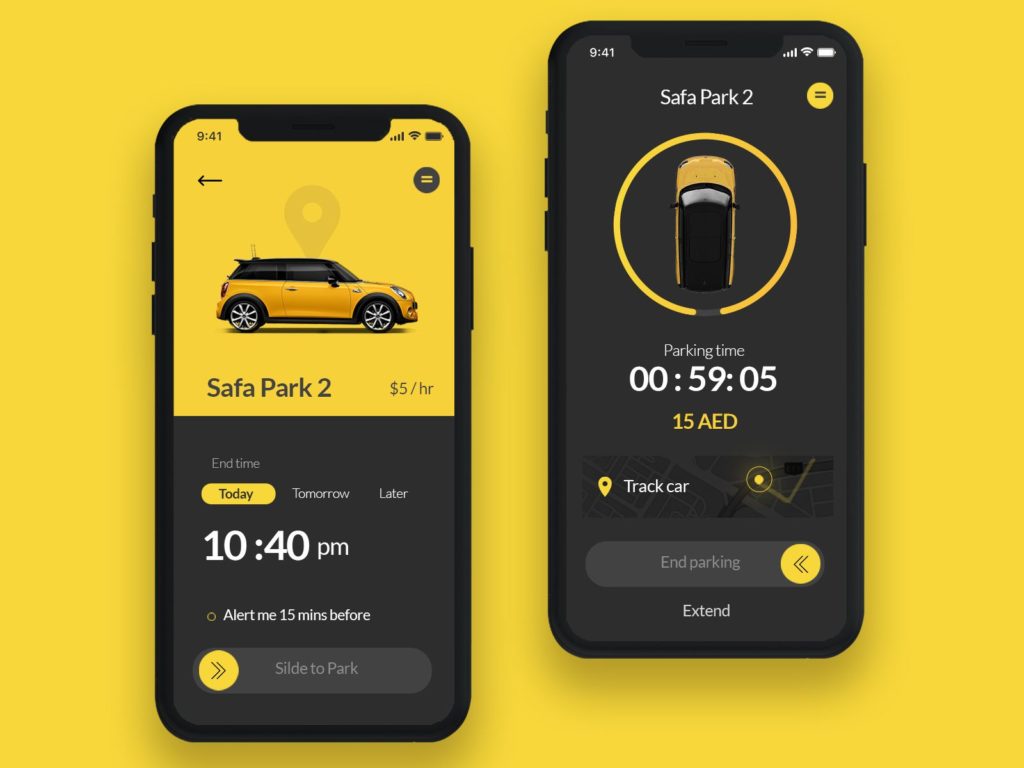How to Protect Your Intellectual Property Rights in Your Mobile Application in Kenya
Why protecting your intellectual property rights to your Mobile App is so critical:
Story time:
In February this year (2020), Blix, an app developer behind the BlueMail email management app announced that it will sue Apple for allegedly copying one of its app features. Blix also called out Apple for engaging in unfair business tactics by allegedly stealing its anonymous email sign-in feature with “Sign in with Apple”, then thereafter “suppressed” Blix’s iPhone app in search results and finally kicked Blix app out of the MacOS App Store.
In January 2012, Mocality, a Kenyan business database service that has since folded up, complained that Google was using Mocality’s data to sell Google services. Mocality also accused Google for allegedly making false claims about Mocality’s business practices. Also in 2015, Waze, a popular GPS navigation app owned by Google, was accused of stealing proprietary mapping information from a rival called PhantomAlert prior to Waze’s acquisition by Google.

How serious is the issue of theft of intellectual property rights in the tech industry:
The above are a mere drop in the ocean of suits, accusations and claims of theft of intellectual property brought by small and large app developers against Apple, Google and Microsoft which own the biggest app stores in the tech industry, other competitors and corporates. In Kenya, the risk of your app being copied by a lazy developer who is on tight deadline or a rival who wants to replicate the success of your app or steal your traffic or users, is very high.
It is estimated that the global mobile application market is expected to reach USD 407.31 billion in 2026. With the rapid advancement in technology, new mobile applications are constantly being developed to provide mobile phone users with various novel services.
It is therefore essential that mobile application developers take proactive measures to protect their intellectual property rights in the app.

What exactly are intellectual property rights:
Intellectual property rights are legal rights aimed at protecting the creations of a person’s mind by granting exclusive rights over the use of their creation for a particular period of time. They consist of Copyright, Trademark, Patent and Industrial Designs.
The intellectual property rights highlighted above may be engaged to provide protection to the various facets of a mobile application. Below is a brief overview of how a patent, copyright and trademark may be used to protect the different components of a mobile application.
- Patent:
A patent is an exclusive right granted for an invention. The registration of patents in Kenya is guided by the provisions of the Industrial Property Act, No. 3 of 2001 Laws of Kenya; and Section 21 of the Act defines an invention “as a solution to a specific problem in the field of technology and goes further to state that an invention may be, or relate to, a product or process.”
A developer may file an application to the Kenya Industrial Property Institute (“KIPI”) to patent the process through which the mobile application stores data or processes it to be used on a mobile phone; or patent a method embodied in an app.
Prior to filing an application for a patent, the developer must ensure that the mobile application meets the requirements for patentability as set out in Section 22 of the Act which are: the mobile application process must be new; it must involve an inventive step which cannot be obviously deduced by a person with ordinary skill the technical field; and the invention must be useful and not merely theoretical.
Patent rights allow the patent holder to control who can use, make and sell the protected invention; and in return, the patent holder is required to disclose how the invention works in a way that a person skilled in that particular technical field can replicate the invention.

- Copyright:
In order to buffer his or her intellectual property rights, a developer may obtain copyright from the Kenya Copyright Board (“KECOBO”) to secure his or her rights to the app itself, including its original software code and content, that is, the computer programs that form the basis for mobile application.
Copyright may also be used to protect the screen displays generated by the mobile application. It is important to note that this protection is limited to the expression of the idea and not the idea itself.
However, for the developer to be eligible for copyright protection, he or she must demonstrate that sufficient effort was expended on making the programme to give it an original character; and that the programme has been written down or recorded.
Copyright accrues automatically to the developer under the provisions of Section 22 of the Act. However, it is essential that the same is registered so as to obtain prima facie evidence of ownership in case someone else copies or replicates the app or its appearance, or its source code exactly or almost exactly as it is.

- Trademark:
Furthermore, the developer may trademark the application’s: (i) name and (ii) graphical user interfaces (“GUIs”) so as to distinguish them from competitors, and protect them from being copied or passed off.
GUIs are the point of contact between the device, whether static or mobile, and the user, employing graphic elements such as icons, menus, text boxes, scroll bars and animated features.
The mark to be protected must be clearly defined and should be distinct from any other registered marks. It is therefore essential that a developer conducts in depth research, both locally and internationally, to ensure that the mark intended to be registered does not infringe on another’s rights.
A trademark is valid for 10 years and may be renewed.
Trademarks are registered by KIPI.
- Industrial Design:
GUIs can also be protected by registering them as industrial designs by KIPI.
Disclaimer. The above information is intended for general information purposes only and is not intended to provide, and should not be relied on for legal advice. Please get in touch with OT Advocates or contact your attorney to obtain advice with respect to any particular issue or problem.


